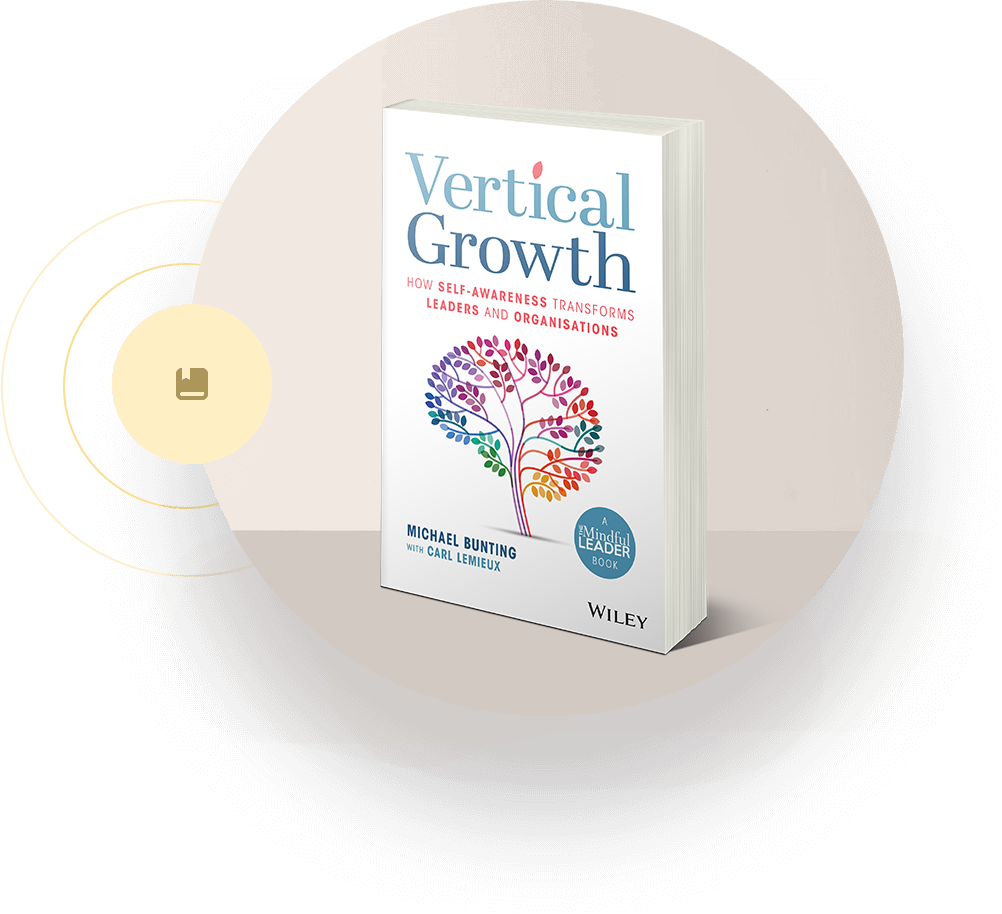The Inner Judge
One of the greatest obstacles of personal growth is the ‘inner judge’ in our mind: a voice of self-criticism that constantly influences our life through opinions, advice, warnings, suggestions, beliefs, evaluations, and admonishments about all aspects of our inner life and behaviour. The function of the inner judge is two-fold: it keeps us away from what it considers to be dangerous or unmanageable parts of ourselves, and it directs us toward whatever ideals it feels will make us an acceptable, successful person.
Our inner judge has often been conditioned early in life as our parents, teachers and other significant authority figures in our life corrected or punished us, at times with good intentions and at times as a consequence of their own trauma and shadow. These external influences often generate a belief that if I’m not self-critical and tough on myself, I will not grow and improve. Unfortunately, this strategy is often short-lived and further activates our fast brain, reinforcing our destructive patterns and moving-away behaviours.
In order to grow, we have to recognise our avoidant behaviours and deal with them. This requires us to neutralise our inner judge.
The Role of Self-Compassion
Along with curiosity, the best way to neutralise the inner judge is through self-compassion. As I like to put it, truth and compassion are blood brothers. Curiosity brings us to truth, and truth can be confronting. When we view some truth inside ourselves with judgement, facing truth becomes an emotionally unsafe process. Self-compassion calms the fast brain, opening up neural pathways to the slow brain and creating a world of new options and opportunities rather than remaining stuck in past algorithms.
We can only see and deal with truth if it is emotionally safe to do so. This safety depends on self-compassion and access to our slower brain. Self-compassion is holding ourselves in a warm and open-hearted embrace, feeling our suffering, grieving for it and supporting ourselves in it. Self-compassion is a voice of deep care and concern, non-judgemental and kind.
Sheila Frame, President of the Americas for the pharmaceutical company Amryt Pharma, captured the essence of self-compassion elegantly when she told me, ‘I really wish I could help people understand that they are enough. That’s the real beauty of inner work — to realise that you are enough. We don’t have to rationalise or defend. We can be comfortable with and accept ourselves. And when we mess up, we can always own it and begin again.’
Being truly honest with ourselves isn’t about seeing our ‘badness’ and punishing ourselves for it; rather, it’s about seeing our basic goodness and forgiving ourselves for our ignorance and our conditioned reactions. We are far more motivated to be and do good by self-compassion than by shame and self-criticism. Author and trauma expert Gabor Maté writes, ‘Only in the presence of compassion will people allow themselves to see the truth.’
Margaret Dean, Head of People and Organisation at Novartis Oncology, pointed out the obvious: ‘We’re self-harming all the time. I’ve realised that if I really believe in compassion and connection, then I have to start with myself and be self-compassionate.’
Revathi Rammohan, CFO and Head of Research Operations for Novartis Institutes of Biomedical Research, described to me the pain of her mindfulness process and the importance of self-compassion in that process. ‘Earlier in my career,’ she said, ‘I was a micromanager and I would often be controlling. I didn’t have the awareness to see how my controlling behaviour was violating my value to help others grow and realise their potential. I thought I was helping them, but I was actually holding them back by not empowering them.
‘It was easy to numb myself to this truth by telling myself stories of why I was right. I didn’t want to look underneath the surface to see what was really happening.
‘Through mindfulness training, I began to see my patterns. When you realise the impact you’ve had on people and the pain you’ve inflicted on them, it’s not fun and it’s not liberating. It’s very painful. Instead of feeling lighter with my realisations, I felt heavy with remorse.
‘To deal with this pain, I also had to learn how to forgive myself and to stop judging myself so harshly. That’s when the real liberation came, when I realised that I didn’t have to keep beating myself up. With self-compassion, rather than self-judgement, I could change and I could grow.’
Steve Baert, a former executive at Novartis, also told me, ‘There needs to be a loving side of self-awareness. Otherwise, it can become judgement, which then becomes self-punishment. And once we start punishing ourselves, we start moving away from self-awareness, because why do we want to do that to ourselves? If self-awareness just leads to guilt and self-judgement, we won’t do it. We have to be honest with ourselves. But to do that, we have to love and care for ourselves as well.’
Many research studies have shown that, in contrast with self-critical people, self-compassionate people:
- feel greater motivation to make amends and avoid repeating moral transgressions
- are more motivated to improve personal weaknesses
- are more likely to take responsibility for their past mistakes
- are more likely to set new goals for themselves after failing to meet previous goals.
Researcher Kristin Neff observes, ‘Self-compassion is not the same as being easy on ourselves. It’s a way of nurturing ourselves so that we can reach our full potential.’
Mindfulness teacher Tara Brach points out in her book Radical Acceptance, ‘Feeling compassion for ourselves in no way releases us from responsibility for our actions. Rather, it releases us from the self-hatred that prevents us from responding to our life with clarity and balance.’
How to break the pattern of numbness
Our mind’s tendency to cling to pleasant sensations and avoid unpleasant sensations, combined with our inner judge, creates a vicious, self-defeating cycle.
Here’s how it works: We experience something unpleasant, which triggers a reactive-brain numbing response designed to alleviate the associated difficult feelings. Then our inner judge kicks in and berates us for being ‘bad’, ‘weak’ or ‘stupid’. In response to this harsh self-judgement, we kick into denial and rationalisation mode while the difficult feelings (the sense of guilt and shame) inevitably propel us back into numbing behaviours.
Suppose, for example, a manager holds the value of honesty. His team misses a project deadline, and his boss calls him in to ask why. He freezes in the moment. Reluctant to feel the shame of admitting his failures, his reactive brain kicks in and he lies blatantly. Now his inner judge engages and begins berating him for being a liar, which triggers even more shame. So now he thinks of justifications: ‘It was my team’s fault.’ ‘My manager has unreal expectations.’
Finally, to soothe all these uncomfortable feelings, he engages in more numbing behaviours: having overeaten, he vegges out in front of the TV for hours.
To break this pattern of numbness, the first ingredient we need is non-judgemental curiosity. As already noted, our inner judge is devoid of curiosity and prone to criticism, which raise unassailable barriers to vertical growth. It cannot see the deeper reasons behind the behaviours it shames us for.
By shifting from self-judgement to curiosity, the manager can explore why he lied in the moment. What was really behind that? What was he afraid of? These questions bring insight and awareness, which then enables vertical growth.
The next ingredient needed to break the cycle of numbness is self-compassion. An essential ally when seeking to achieve vertical growth is being kind to ourselves. When we engage in reactive-brain activities and self-defeating behaviours, it’s not because we’re bad people. We’re just human and, like all humans, we act from fear and blind habit and we struggle to feel safe, connected and appreciated.
Conclusion
With curiosity, we uncover our unconscious fears, attachments and assumptions. With self-compassion, we help ourselves accept and bear the fear and pain that arise when we see and own the truth of what is driving our dysfunctional behaviour. Our greater emotional regulation allows the slow brain to ‘see and regulate’ the fast brain. Now we are prepared to get clear on what’s really important to us, and to create an action plan for aligning our behaviour with our values.








